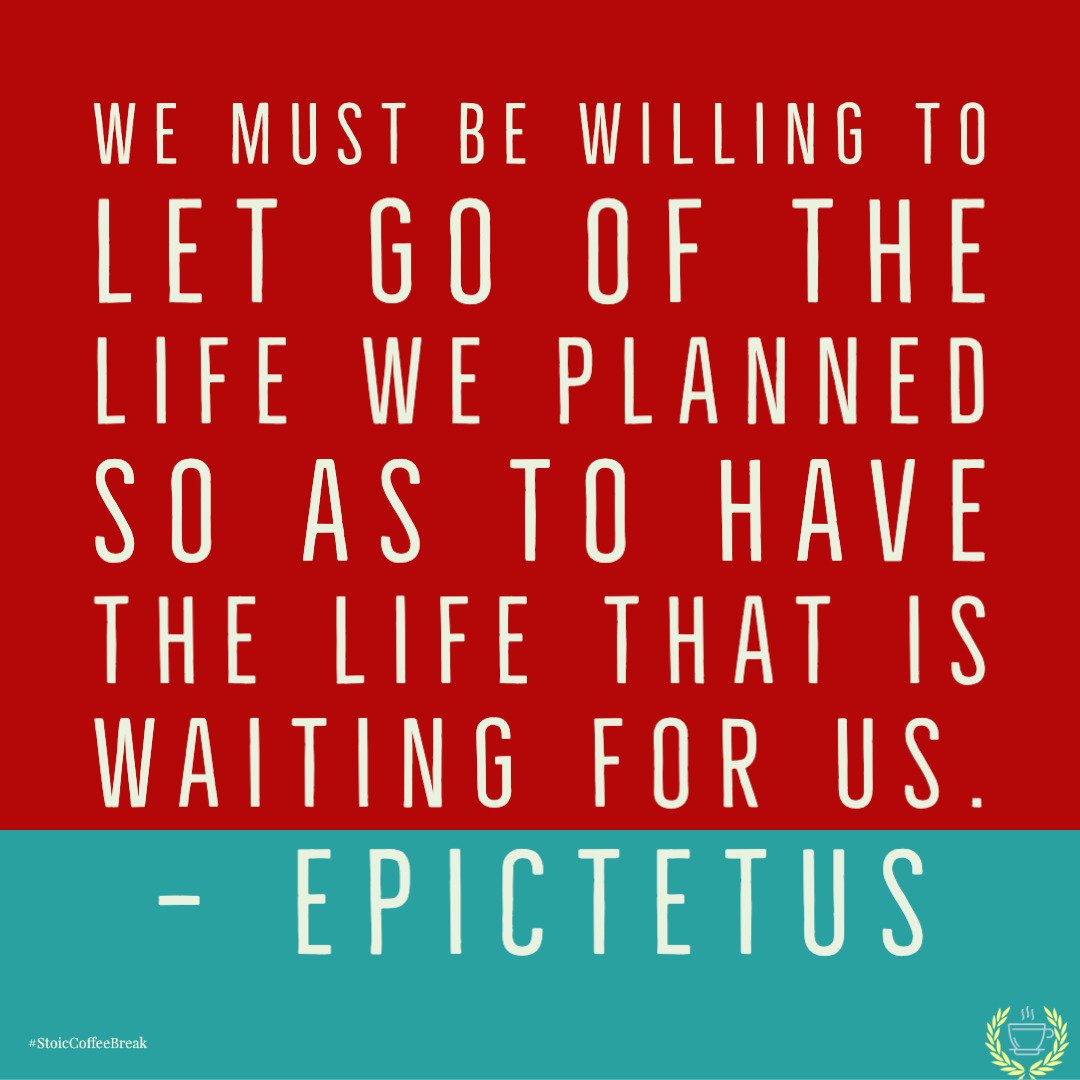Category: Acceptance
-

250 – When Life Has Other Plans
“We must be willing to let go of the life we planned so as to have the life that is waiting for us.” — Epictetus. When life throws you curveballs, how do you handle them? Do you freak out? Do you roll with it? Do you look at it as an opportunity or a disaster?…
-

224 – To You or For You?
It does not matter what you bear, but how you bear it. — Seneca Do you think that life just happens to you? That you are simply a pawn in the game of life? Because there are so many things that we don’t have control over in our lives, it can be easy to fall…
-

218 – Accept Yourself
One of the hardest things for us to do, though it is one of the most important things we will ever learn, is to accept ourselves for exactly who we are.